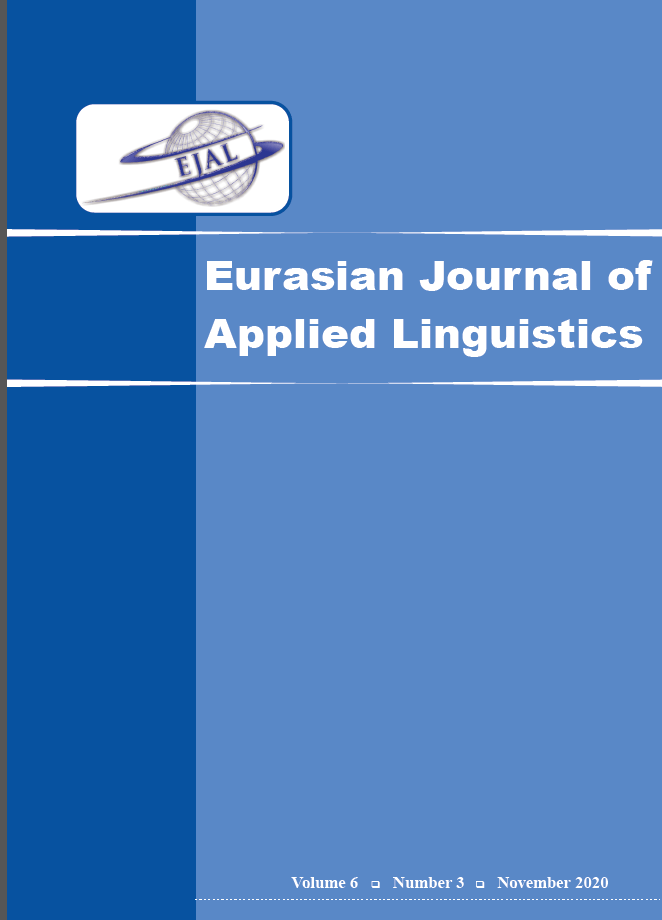Alastair Henry
University West
University West
Keywords: meta time travel, episodic future thinking, self-concordant goals, autobiographical knowledge, L2 motivation, motivational persistence
Abstract
Mental time travel lies at the frontier of research into motivational persistence in language learning (Dörnyei, 2020). This article introduces the theory of episodic future thinking (D’Argembeau, 2016, 2020), and examines the key components of autobiographical knowledge and personally important goals. With findings on the long-term goals and career aspirations of preservice English teachers as a departure point (Erten, 2014; Ölmez Çağlar, 2019), I outline the contributions that episodic future thinking can make to the psychology of second language learning and teaching. Positioning episodic future thinking in conceptual terrain at the intersection of vision-based theories of L2 motivation (Dörnyei, 2009), Self Determination Theory frameworks (Noels, 2009), and narrative, life-story approaches (Dörnyei & Ryan, 2015), I explain how it can inform the investigation of motivational persistence.

